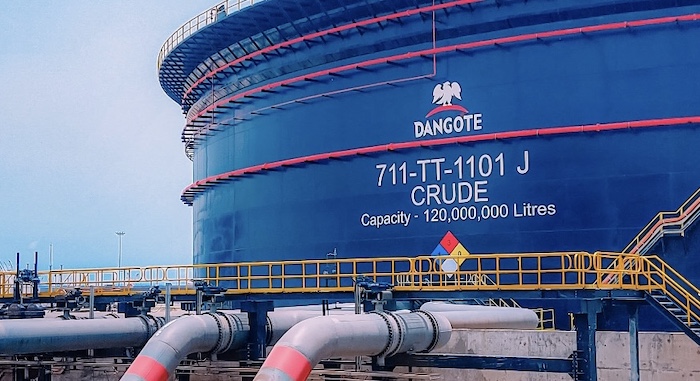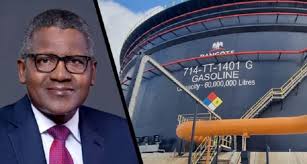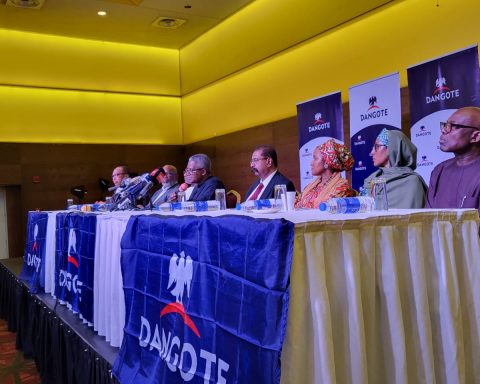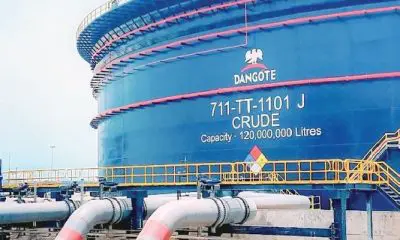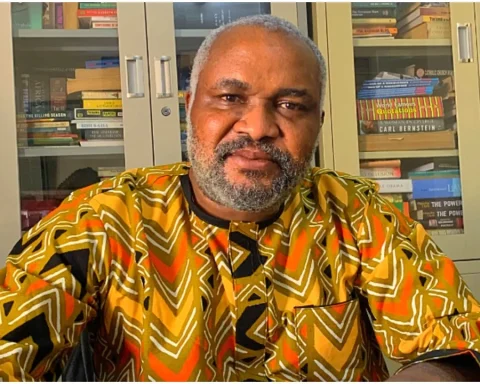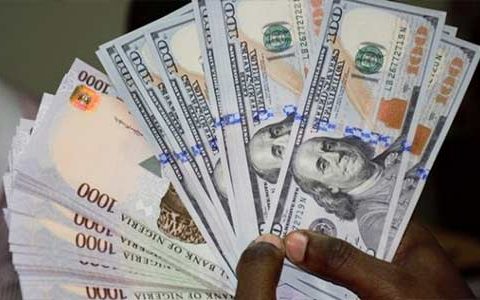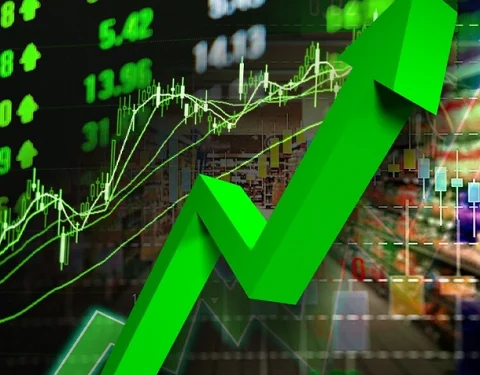Dangote Petroleum Refinery has announced a reduction in its ex-depot price of diesel to ₦960 per litre, a ₦30 price cut from ₦990 sold previously.
This was confirmed by the refinery’s spokesperson, Anthony Chiejina, who said it takes effect from 20 August.
Join our WhatsApp ChannelThis price cut underscores the company’s ongoing efforts to alleviate economic pressures on Nigerian consumers and businesses by reducing fuel costs.
This is not the first time Dangote Refinery has reduced diesel prices. Since beginning diesel production in January 2024, the refinery has consistently lowered prices.
From the initial price of ₦1,700 per litre when the refinery began diesel production in January 2024, it dropped to ₦940 per litre for bulk buyers by April of the same year.
READ ALSO: Dangote’s Frequent Price Cuts And Ripples Of Intense Competition In Nigerian Fuel Market
The current reduction continues this trend, influenced by fluctuations in global crude oil prices. Oil prices fell on Tuesday, 19 August, with Brent crude selling at $65.79 per barrel, down 81 cents, or 1.22 per cent, while U.S. West Texas Intermediate crude closed trading at $62.35 a barrel, down $1.07, or 1.69 per cent, according to a report by Reuters.
Economic Impact
Lower diesel prices are expected to reduce transportation and production costs, potentially helping to curb inflation.
“Lower diesel prices are expected to ease transportation and production costs, potentially helping to curb inflation,” the company stated.
The company urged petroleum marketers to ensure that the benefits are passed on to end users, in line with its goal of promoting affordability and energy security across the country.
Analysts observed that the reduction would intensify competition in the market, forcing other depot owners and importers to adjust their prices downward to stay competitive.
Dangote Refinery’s aggressive pricing strategy is reshaping Nigeria’s downstream petroleum market, challenging import-dependent operators and promoting local supply stability.
Victor Ezeja is a passionate journalist with seven years of experience writing on economy, politics and energy. He holds a Master's degree in Mass Communication.


